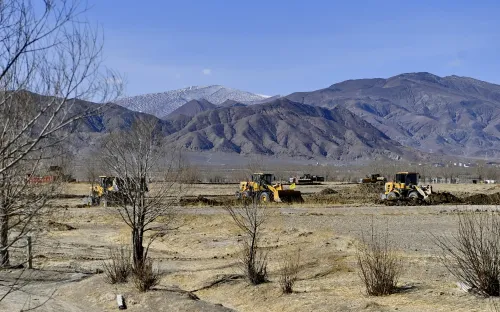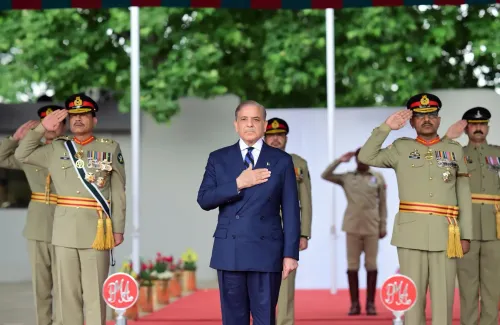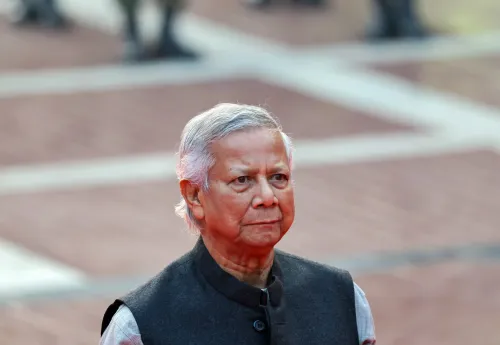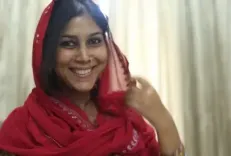What Does the Dhaka University Student Union Poll Mean for Political Stability in Bangladesh?

Synopsis
Key Takeaways
- Recent DUCSU elections took place after a six-year gap.
- Student activism has historically influenced political change in Bangladesh.
- Legal and administrative barriers challenge student unions.
- The revival of elections may signal a shift towards greater political engagement.
- Future political stability hinges on the youth's involvement in governance.
New Delhi, Sep 9 (NationPress) Since gaining independence in 1971, Bangladesh has undergone numerous political fluctuations. At times, the nation’s youth, particularly its students, have been pivotal in driving change, while at other moments, the country has found itself mired in political machinations.
In a notable development, reports indicate that the elections for the Dhaka University Central Students Union (DUCSU) and hall unions took place on Tuesday, September 9, after a six-year hiatus.
As previously reported by the Dhaka Tribune on February 11, 2019, the DUCSU and hall union elections were conducted that year following a 28-year break.
According to the 2019 article, the last DUCSU elections occurred on June 6, 1990, during the presidency of General H.M. Ershad, with student activism playing a crucial role in his ousting.
Regarding this year's student union elections, the Daily Star commented in August, “While student union elections are planned next month at Dhaka University, Jahangirnagar University, and Rajshahi University, many other public universities remain uncertain about the potential for elections due to legal obstacles or administrative holdups.”
Critics have frequently accused former Prime Minister Sheikh Hasina of manipulating the political landscape to suppress opposition and exclude them from the electoral process.
The resurgence of DUCSU elections presents a rare chance for students to select their representatives.
Nonetheless, the interim government’s prohibition on the Awami League, led by Hasina, and its designation as a terrorist organization has altered the dynamics within campus politics.
As noted in the Dhaka Tribune report, previous administrations have also prevented student bodies from conducting regular elections.
According to the Daily Star, “Out of 56 public universities across the nation, only seven have a legal framework for a central student union.”
Among those lacking legal frameworks, Jagannath University has reportedly “made progress” as its syndicate recently approved a long-awaited constitution for the central students' union.
Others, such as Begum Rokeya University, Islamic University, Comilla University, and Maulana Bhashani Science and Technology University, do not have provisions for student unions.
At Rangpur's Begum Rokeya University, students initiated a hunger strike on August 17, with nine students becoming ill within three days and several requiring hospitalization, as per the newspaper.
As Bangladesh seeks to redefine its political landscape following the July 2024 student-led revolution that ousted the Hasina government, the recent student union elections might herald a new era of political stability.
However, despite several commitments made by the interim government in Dhaka, general elections still appear to be a distant prospect.









